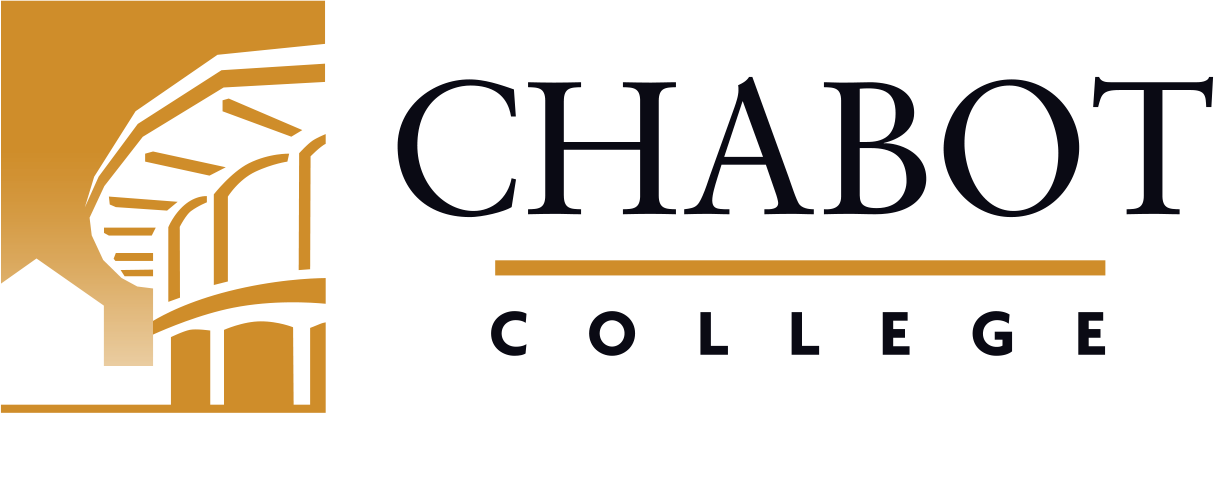
Course Outline for History 1
History of Western Civilization to 1600
Effective: Spring 2019
SLO Rev: 03/20/2018
SLO Rev: 03/20/2018
Catalog Description:
HIS 1 - History of Western Civilization to 1600
3.00 Units
This course covers the origin and development of civilization in the Mediterranean and its expansion into Europe - the Near East, Greece, Rome, the Middle Ages, Renaissance and the Reformation. Influences in religion, culture, technology and political structures that develop into European society of the early modern period will be studied.
2205.00 - History
Letter Grade Only
| Type | Units | Inside of Class Hours | Outside of Class Hours | Total Student Learning Hours |
|---|---|---|---|---|
| Lecture | 3.00 | 54.00 | 108.00 | 162.00 |
| Total | 3.00 | 54.00 | 108.00 | 162.00 |
Measurable Objectives:
Upon completion of this course, the student should be able to:
- analyze the concept of the West;
- analyze changes in political, social, and economic organization in the western world and explain their historical significance;
- demonstrate the ability to interpret primary and secondary sources and to compose an argument which uses them, as appropriate, for support;
- explain the historical significance of developments in art, architecture, and literature;
- compare distinct organizations in the West, and show how they have interacted through history;
- show the impact of environment and geography on human development, and human impact on the environment;
- Use multiple categories to such as race, class, gender, and belief systems to analyze developments in Western civilizations and cultures.
Course Content:
- The scope and definition of western culture and civilization
- The multicultural foundations of the ancient world and the interaction with Africa, Near East, Asia, and the Mediterranean Sea.
- The impact of geography and the environemt on culture, and human impact on the environment.
- The concepts of race, gender and social inequality to understand western civilizations and societies.
- The Ancient Civilizations
- Egypt - the achievement of stability
- Mesopotamia - the search for order
- Israel - a chosen people
- Persia - empire and religion
- Overriding considerations of religion and economics as forces of stability and of change
- Classical Civilization: Greece and Rome
- Greek City States in the Early age - Homer; Athenian democracy - emphasis on values: philosophy, drama and citizenship
- Hellenistic culture
- Rome - the Republic - its development, stagnation and decay: literature, government, traditions, and values. The Empire: Caesar, Augustus and the development of the imperial system, its stagnation and decay: philosophy, literature, and values
- The rise of Christianity and Islam and their impact on the west.
- The Byzantine Empire
- The Middle Ages
- Civil authority and Ecclesiastical authority in competition
- The spread of Christianity and Islam
- Feudalism and other economic organization
- Faith and Reason---intellectual developments
- The Renaissance
- New emphasis on the role of the individual - humanism
- Government - a state of chaos, Machiavelli - the Prince
- Achievements in the fields of art and literature
- Emphasis on the past, rather than the future
- The Reformation
- Protestant reform
- The Church of England and Henry VIII
- The Counter Reformation
- The Age of Exploration
- Portuguese and Spanish voyaging
- The Columbian Exchange
- Shifting power from Mediterranean focus to the Atlantic
Methods of Instruction:
- Appropriate Audio-Visual materials
- Lecture/Discussion
- Distance Education
- Student reports
Assignments and Methods of Evaluating Student Progress:
- Assigned reading and class discussion
- Essay examinations based on course readings.
- Student presentations in class.
- Quizzes
- Papers
- Exams/Tests
- Final Examination
- Class Performance
- Critical thinking exercises
Upon the completion of this course, the student should be able to:
- Analyze the causes and consequences of political, economic and social change.
- Synthesize factual information and historical evidence from a variety of sources and identify the connections between them.
- Demonstrate a body of knowledge about and critical understanding of historical eras, their key events and ideas, and the process of change over time.
Textbooks (Typical):
- Hunt, Lynn et al (2016). The Making of the West: Peoples and Cultures, Volume I, to 1740 (5th). Bedford/St. Martin’s.
- Perry, Marvin, et al (2016). Western Civilization: Ideas, Politics, and Society, Volume I, to 1789 (11th). Houghton Mifflin.
Abbreviated Class Schedule Description:
Origin and development of civilization in the Mediterranean and its expansion into Europe - the Near East, Greece, Rome, the Middle Ages, Renaissance and the Reformation.
Discipline:
History*